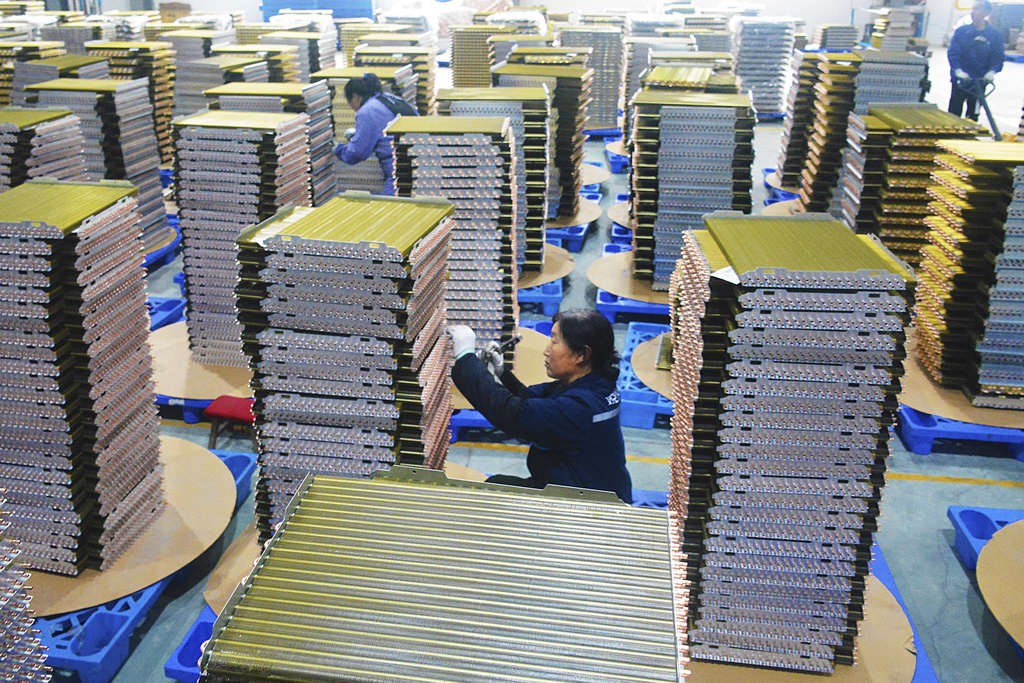Manufacturing in China contracted for a fifth consecutive month in February, according to an official survey of factory managers released Friday, reflecting persistent weakness in the economy ahead of annual legislative meetings where officials are expected to boost policy support.
The official purchasing managers index, or PMI, fell to 49.1 in February from 49.2 the month before. The PMI is on a scale up to 100 where 50 marks the cutoff between expansion and contraction.
The manufacturing PMI has fallen in ten of the past eleven months, rising only in September.
February’s reading comes in spite of Beijing’s recent measures to shore up the economy, including reducing a lending rate that benchmarks home loans and cutting banks’ reserve requirements to boost lending.
A separate survey by financial news outlet Caixin found that manufacturing PMI edged up from 50.8 to 50.9.
“We think it makes sense to average across both PMIs to gauge conditions in industry,” Capital Economics’ Huang Zichun said.
“On this basis, the headline manufacturing reading remained unchanged at 50.0 and is in line with factory activity holding steady last month,” she said.
As this year’s Lunar New Year holidays — a weeklong national holiday — also fall in February, the readings could also be skewed by this period as factories are typically inactive.
Meanwhile, the non-manufacturing PMI, which measures activity in sectors such as services and construction, rose to 51.4 from 50.7 in January. The reading is the highest since September last year, and is likely attributed to the surge of consumption around the Lunar New Year holidays.
Beijing is expected to focus on fiscal measures to boost the economy at the upcoming National People’s Congress (NPC) meetings which open on March 5, as it seeks to boost consumption, investment and instill more confidence in its stock market.
Following a brief surge in the economy post COVID-19, the world’s second-biggest economy has been grappling with an uneven recovery amid a property crisis and a slowing economy.
China is also expected to release its annual GDP growth target at the NPC.
(AP)











